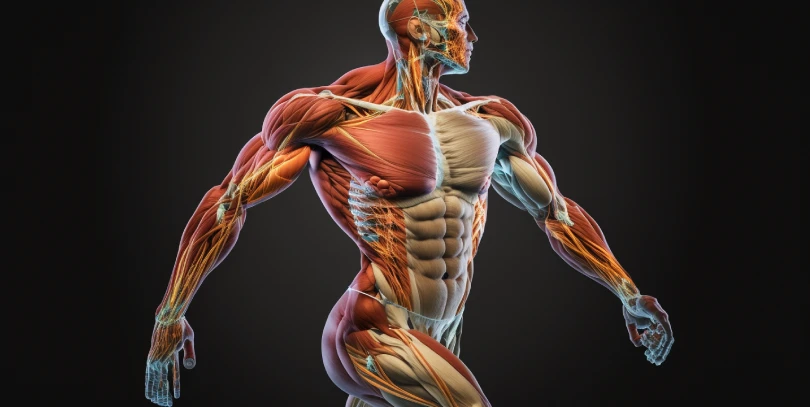Cavities are one of the most common dental issues that people face, yet they are also one of the least understood. Cavities, also known as caries or dental decay, are caused by bacteria in the mouth that erode the tooth enamel and can lead to more serious dental health issues. Here are 19 facts about cavities that everyone should know.
- The technical name for cavities is dental caries.
- Cavities are caused by bacterial build-up in the mouth that convert sugar into acid which then erodes the enamel of the tooth.
- Cavities can be prevented through regular brushing, flossing and rinsing with an antibacterial mouthwash.
- Diet also plays an important role in cavity prevention, as sugary or starchy foods promote the growth of cavity-causing bacteria.
- If left untreated, cavities can cause tooth decay and may even require a tooth extraction.
- There are three types of cavities: occlusal, smooth surface, and proximal cavities.
- Cavities can occur on any age group, but children and older adults are more susceptible.
- The most common symptom of cavities is toothache.
- Dental sealants are a preventative measure to help protect teeth from cavities.
- Plaque buildup is the leading cause of cavities, as it contains bacteria that produce acids that break down tooth enamel.
- Other symptoms of cavities include sensitivity to hot and cold foods and drinks, bad breath, and visible holes in teeth.
- Cavities can form in any part of the tooth, from the chewing surface to in between teeth.
- If caught early, cavities can be treated with fillings, crowns, or inlays/onlays.
- Severe cavities may require a root canal or even an extraction.
- Fluoride can help protect against cavities. It is an important mineral for cavity prevention.
- Cavities are much more common in children than adults, as children often don’t practice good oral hygiene.
- Cavities are caused by a combination of sugar and bacteria, not just sugar itself.
- People with dry mouth may be more prone to cavities due to a lack of saliva.
- Regular dental check-ups are important for detecting cavities.
By understanding these facts about cavities, you can help protect your teeth from decay and other damage.
Sources:






